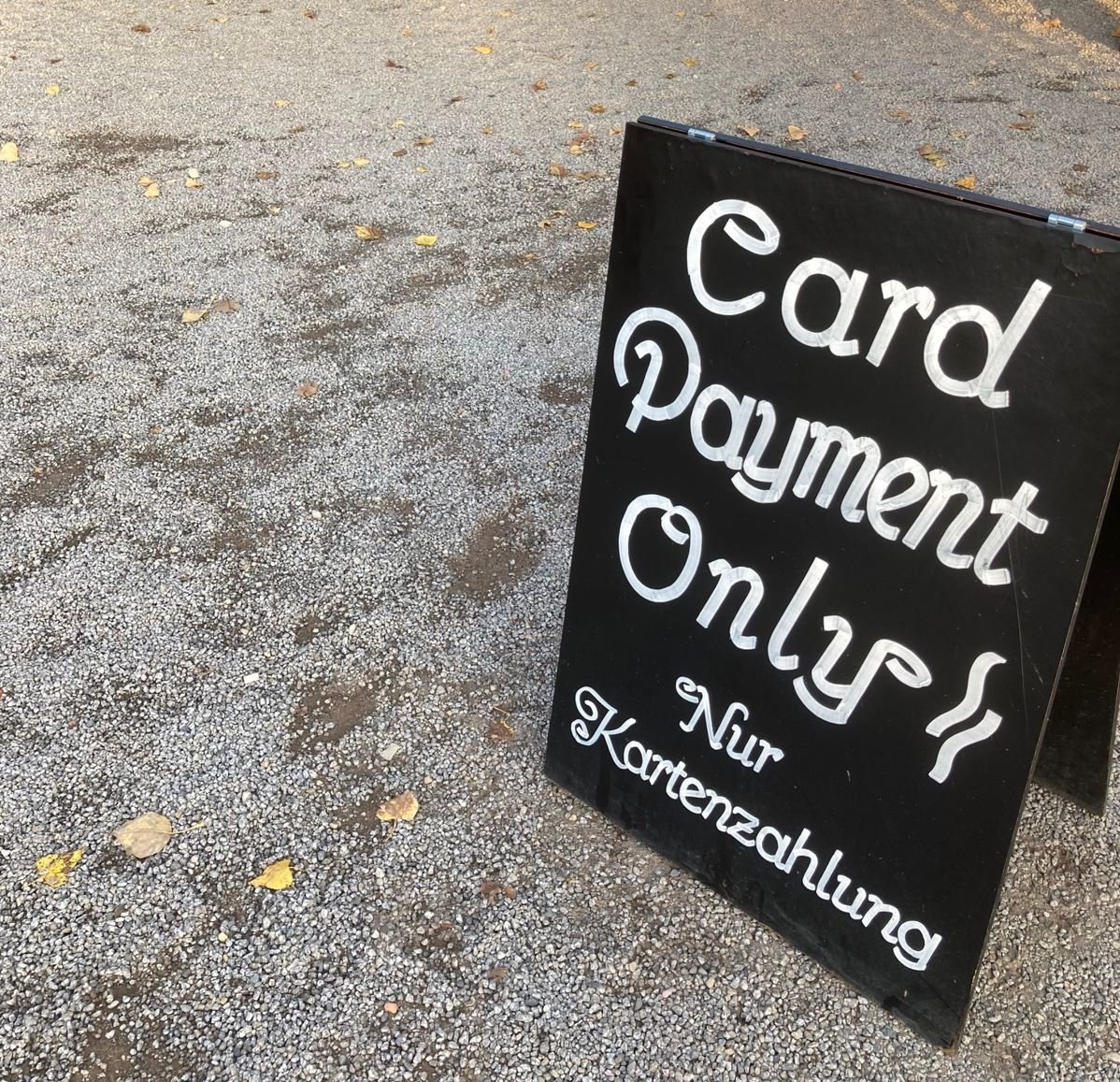A survey conducted by the Oesterreichische Nationalbank (OeNB) finds that 95 percent of the Austrian population “cannot envision a world without cash”, and 64 percent believe it should maintain its significance.
Around 70 percent of transactions performed in Austria in 2022 were done in cash – once of the highest rates in the eurozone and far above the euro-area average of 59 percent. Austrians are also even more cash-crazy than Germans – themselves a culture renowned for having many cash-only venues.
On average, Austrians carry €102 in cash in their wallets at any given time, compared to €95 in 2021. For 93 percent of respondents, cash is the “ideal payment method” in physical retail stores. People in Austria withdraw about €47 billion from cash machines every year, and Austria has about 97 ATMs per 100,000 residents – compared to Germany’s 66.
Aside from cash, payment cards, both with and without code entry, are also popular in physical retail, with high acceptance rates of 88 percent and 76 percent, respectively. Payment apps, however, have lower acceptance, especially among older users.
The survey also reveals that cash is especially favoured for small transactions of less than €10, while payment cards are used more frequently for bills ranging from €50 to €100.
READ ALSO: Why is cash so important to Austrians?
When cash culture meets politics
It’s not just that everyday people in Austria are still clinging on to their cash at a time when many other societies are going increasingly cashless – cash occupies such a sacred space in Austrian cultural thinking that the country’s political parties have clear positions about how to guarantee its ongoing prominence in Austrian life.
The ruling coalition of the centre-right People’s Party (ÖVP) and Greens are even working on a new push to enshrine the right to pay in cash in the Austrian constitution, after a previous attempt failed in 2019. In September, Chancellor Karl Nehammer set up a “cash taskforce” to take charge of this push.
“We understand that cash is a very important theme to people,” Nehammer said at the time. “It’s important to me that cash use is constitutionally guaranteed.”

Although the 2019 attempt failed, this time might be different. A two-thirds majority is needed for a constitutional amendment in Austria, so the government would need some opposition backing to pass the amendment.
The far-right Freedom Party (FPÖ) favours a referendum on bringing a cash payment guarantee into the constitution.
The Social Democrats (SPÖ) meanwhile, focus on accessibility. They’ve recently come out with a proposal to guarantee that every Austrian community – no matter how small – has at least one ATM. The message is clear – Austrians are so attached to cash they can physically hold and carry that political parties better have a position on it.
If the amendment passes, it’s still not quite clear how the amendment would work in practice – however, it is quite likely that cashless establishments simply wouldn’t be able to operate in Austria, without introducing a cash option.
READ ALSO: Why is Austria so set on making cash payments a constitutional right?
Why are Austrians still so attached to cash?
There are many potential reasons why an individual Austrian might prefer to pay in cash. But two are inextricably linked up in culture traits.
One is that many Austrians hold that it is easier to budget if using cash – because the currency feels more real and you can keep track of exactly how much you have left. Car payment, by contrast, could provoke the temptation to spend faster than you can keep track.
The next is privacy. Austrians value the ability to pay for certain goods and services anonymously, without being tracked. Many worry about foreign companies or governments having access to such data, which might reveal their personal preferences.



 Please whitelist us to continue reading.
Please whitelist us to continue reading.
Member comments